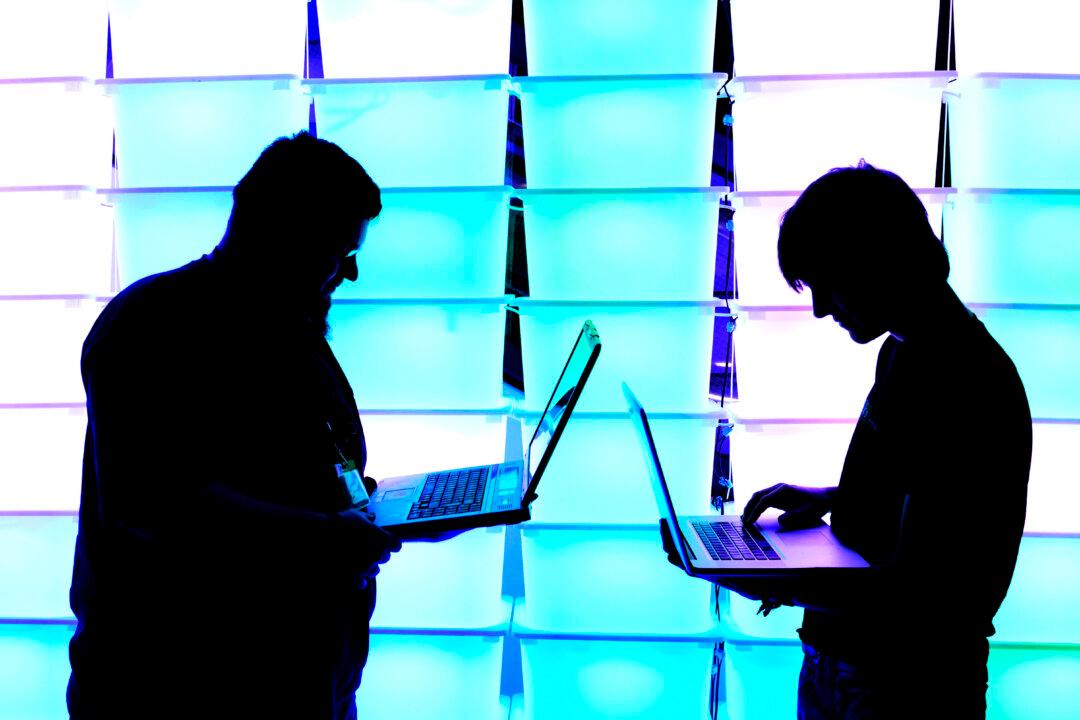Defense Secretary Gen. Jim Mattis said on June 15, “We are witnessing a world awash in change, a world beset by the reemergence of great power competition, and we define the categories of challenges as urgency, power, and political will.”
This description of the geopolitical landscape also defines the current state of cybersecurity, and highlights its pivotal role in the massive shift in a large and diverse group of malicious, state-sponsored competitive strategies against U.S. companies.




